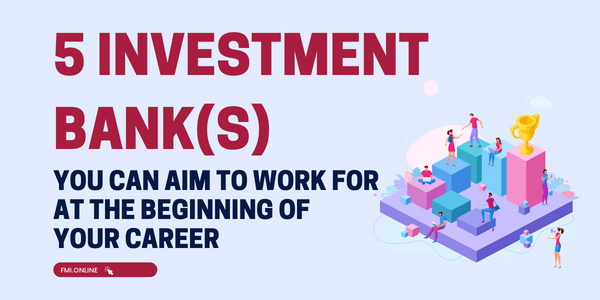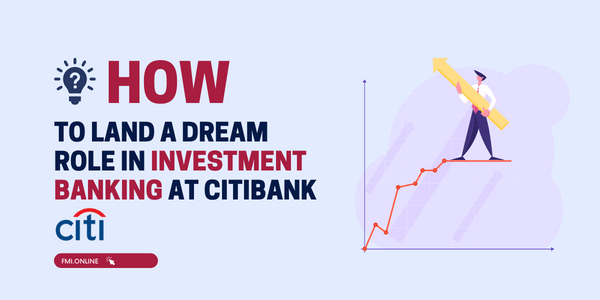What was my pathway into working for an Investment Bank?
Approaching the end of my undergraduate course (B.A. (hons) Classics, from King’s College, London), only a few of my peers, even those studying more vocational subjects, really knew which career they wanted. After graduation, many of us had false starts in all sorts of different jobs. This was demoralizing. I spent a few months trying to be a recruitment consultant (not a success), and then about a year in the Marketing Department of a recruitment company (not much better).
At the recommendation of a friend, I signed up to a temporary employment agency which specialized in financial services. I had no idea what to expect, and without a financial or even mathematical background, I suspected I might find myself out of my depth.
My first assignment was for one month with Morgan Stanley Dean Witter (now Morgan Stanley) in Canary Wharf in London as an Administrator reporting to the Manager responsible for the “European Monetary Union (EMU) Project”. This project was preparing all Business Units in the Firm for the transition to the Euro from Europe’s several legacy currencies. Despite not knowing a bond from an equity product, my manager and colleagues allowed me the space and time to learn the ropes to do my job, and the first month went well. My contract was extended to six months.
After this, I applied for and was successful in gaining a permanent position on a business process re-engineering project, working with several Business Units to renovate the process by which client accounts were created and maintained. I then became a Manager in the Operations group responsible for managing client account data. Two years later I moved into the Compliance Department providing Anti Money Laundering advice and oversight to several Business Units. A couple of years after that, I moved again to Equity Sales and Trading Compliance, focusing on automated algorithmic ‘black box’ trading systems. In this role, I was promoted to Vice President and then given the opportunity to transfer from London to Hong Kong.
Why choose a career working for an Investment Bank?
This is a fair question. I spent 11 enjoyable and successful years working for Morgan Stanley in London and in Hong Kong, and my answer to this is based on my experience at this one Firm.
From day one, I was impressed by the professionalism of the people I met. When people spoke, or wrote emails, they were clear and purposeful. When I spoke, people really listened and I found my opinion was weighed and valued. This was unexpected and refreshing. I was after all just the ‘temp’! This level of professionalism and courtesy turned out to be a constant during my time at Morgan Stanley, and made me proud to work there.
Morgan Stanley was also a great place to grow and develop a career. Whenever I wanted to achieve something, I knew that I had to explain the business case and articulate my thoughts to my direct manager, and other relevant colleagues from various Business Units. If I did this well, I would be given the necessary support and sponsorship from senior management. If I then delivered on what I had set out to do, I could count on being recognized for this and eventually considered for promotion. This gave me a strong sense of control over my career.
What do Investment Banks look for?
Depending on the position, there could be specific qualification requirements. However, in my experience the most important quality is Integrity. This means doing the right thing, even when no-one else was looking. Sure, strong academics, communication skills, a proven track record of achievement, and other positive business attributes are clearly desirable too, but Integrity is paramount.
So, if you are interested in working for an Investment Bank, my advice would be to choose the best entry route available to you, whether that is an internship, a graduate program, or the ‘back door’ of temporary work like me. During the application process, pay attention to detail and never make anything up. In interviews, make eye contact, listen carefully, and take the time to say what you really think clearly and simply. Prepare thoroughly for each stage, and treat each person you communicate with as the most important person in the room, which they are. During my time at Morgan Stanley, some candidates looked great on paper, interviewed well and impressed senior managers, but were ultimately rejected because they were careless or even dismissive with people they considered to be junior or merely administrative. Don’t make this mistake.












 60+ hours
60+ hours 9 courses
9 courses



